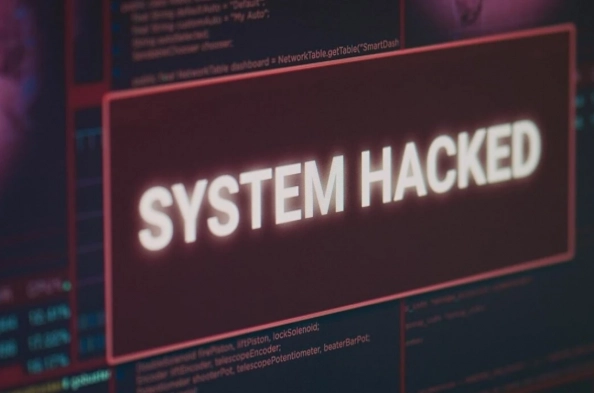On October 15, 2024, Cisco acknowledged reports of a significant security breach where unauthorized access was gained to specific data from the company and its customers. Initially, Cisco assured that their core systems were unaffected and immediately involved law enforcement to delve into the investigation, promising further updates. By October 18, Cisco unveiled that the compromised data originated from their DevHub portal, an online resource center designed for distributing software code and scripts to their customers.
However, the hacker known as IntelBroker provided a conflicting account by claiming access to Cisco’s systems via an exposed API token from a third-party developer environment. According to IntelBroker, they acquired various sensitive files including source code, database credentials, and SQL files, even providing screenshots to support these claims. Despite these assertions, Cisco reiterated that their core systems remained uncompromised and that the breach was contained within the DevHub portal. The company’s measures included temporarily disabling public access to the DevHub portal to mitigate any further risks from the breach.
The Scope of the Breach
During their investigation, Cisco discovered that some unauthorized files might have been published, yet they found no evidence of compromised sensitive data, such as personally identifiable information (PII) or financial records. Nonetheless, IntelBroker, who did not attempt to extort Cisco but sold the stolen data on a hacking forum, criticized Cisco for their delayed acknowledgment of the breach. This sale of stolen data heightened concerns about long-term risks associated with this security incident.
Cybersecurity experts like Eric Schwake, Director of Cybersecurity Strategy at Salt Security, emphasized the dangers despite Cisco’s reassurances. Schwake explained the importance of addressing vulnerabilities in public-facing environments, noting that exposing data like source code, credentials, and API tokens could have significant security implications. He warned that attackers could exploit such exposed information to access more sensitive systems, potentially using vulnerabilities in the leaked code or hardcoded credentials to gain unauthorized entry to critical resources. This breach demonstrates that even public-facing platforms can be critical vulnerabilities if not secured properly.
Expert Analysis and Concerns
Adding to the expert concerns was Jason Soroko, Senior Fellow at Sectigo, who stressed that the exposed data, despite being from a public-facing environment, could still pose a significant threat. Soroko mentioned that such information might act as stepping stones for deeper intrusions, potentially affecting more critical systems. He also pointed out that while Cisco’s core systems appeared unaffected, the stolen source code, API tokens, and credentials might be exploited in future attacks. Soroko further cautioned on the erosion of customer trust and the long-term impact, as the stolen data might be used in harmful exploits or sold on dark web forums.
Cisco’s approach, which combined swift actions like involving law enforcement and disabling the affected portal with ongoing updates, demonstrated a decisive response. However, the hacker’s extended access to the environment and frustration over Cisco’s public statements raised questions about the company’s communication’s timing and transparency. This incident highlights the complexity of cybersecurity responses and the crucial need to secure development environments and API tokens to prevent unauthorized access to vital resources.
The Importance of Robust API Security
On October 15, 2024, Cisco revealed that it had experienced a significant security breach. Unauthorized access was gained to specific data from the company and its customers. Initially, Cisco confirmed that its core systems remained intact and promptly involved law enforcement to investigate, while promising more updates soon. By October 18, Cisco identified that the breach originated from their DevHub portal, an online hub for distributing software code and scripts to customers.
However, the hacker known as IntelBroker shared a different story, asserting they accessed Cisco’s systems using an exposed API token from a third-party developer environment. IntelBroker claimed to have obtained numerous sensitive files, such as source code, database credentials, and SQL files, and even provided screenshots to validate these claims. Despite these allegations, Cisco maintained that their core systems were not compromised and the breach was contained within the DevHub portal. To mitigate further risks, Cisco disabled public access to the DevHub portal temporarily.






